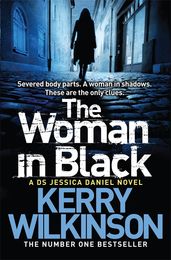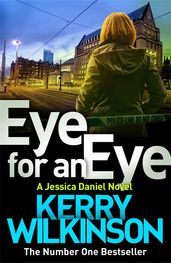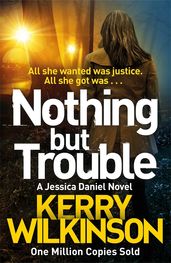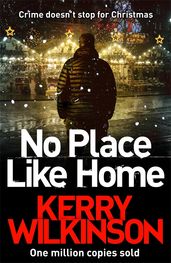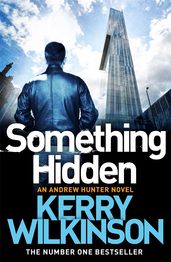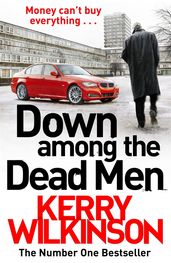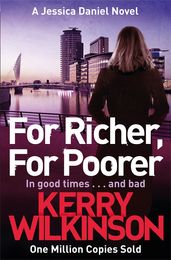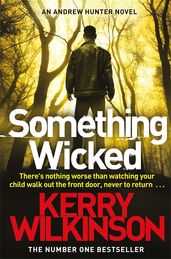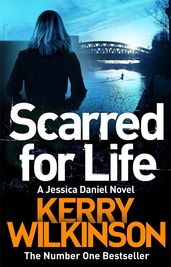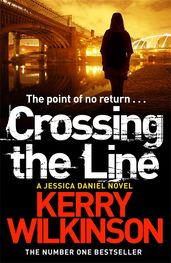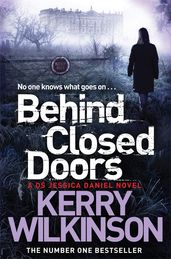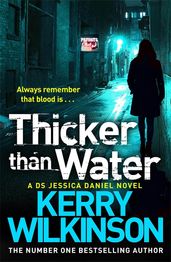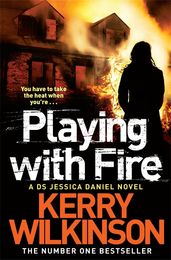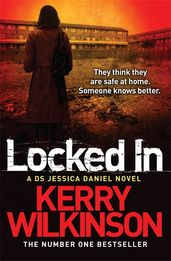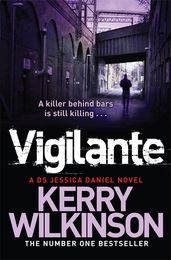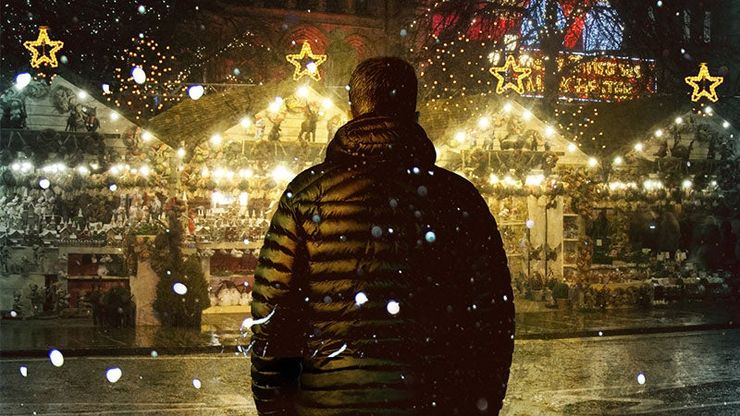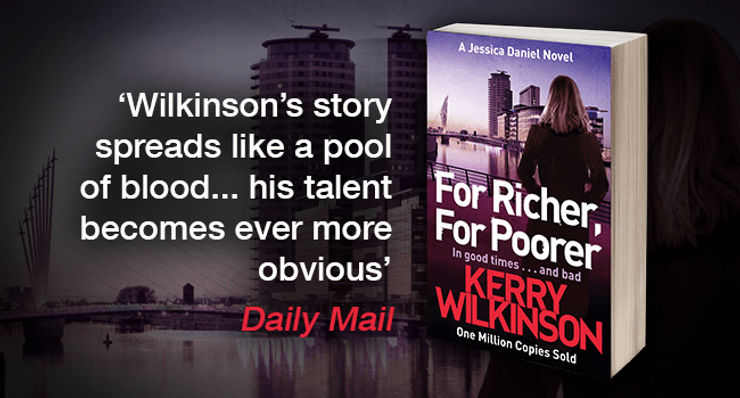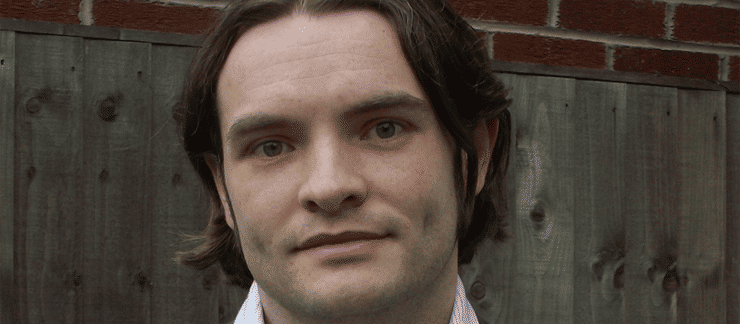Kerry Wilkinson
Kerry Wilkinson is something of an accidental author. His debut, Locked In, the first title in the detective Jessica Daniel series, was written as a challenge to himself but, after self-publishing, it became a UK Number One bestseller within three months of release and the series as a whole has sold over one million copies. Kerry has written a fantasy-adventure trilogy for young adults, a second crime series featuring private investigator Andrew Hunter, plus the standalone thriller, Down Among The Dead Men. Originally from the county of Somerset, Kerry has spent far too long living in the north of England, picking up words like 'barm' and 'ginnel'. When he's short of ideas, he rides his bike or bakes cakes. When he's not, he writes it all down.
Books by Kerry Wilkinson
Series by Kerry Wilkinson
